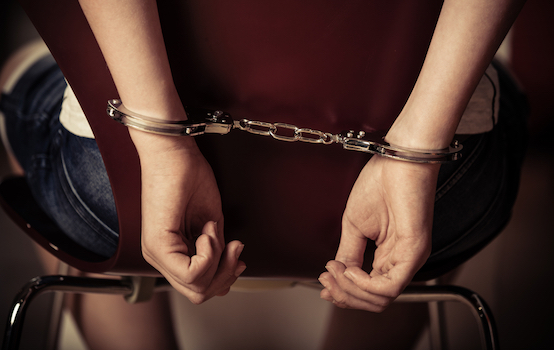Editor’s note: This is the fifth in a collaborative series with the R Street Institute exploring conservative approaches to criminal justice reform.
Imagine receiving a phone call that your child had misbehaved at school. Imagine if that call came from the local police.
Tens of thousands of parents go through this scenario every year. And while it’s natural to assume the police will only get involved if a serious offense is committed, the majority of these cases—and arrests of juveniles at school—involve bad behavior, not criminal activity.
Students are routinely arrested on disorderly conduct charges for talking back to teachers, skipping class, launching spitballs, etc.
Why is behavior that used to be disciplined within the school system now being outsourced to the police? There are a number of factors, but the most notable is the increase in the number of police officers stationed on school campuses, i.e. school resource officers (SRO).
This concept was indirectly referenced by Paul Butler, a former federal prosecutor, in his book Chokehold. He noted that arrests in New York City are typically at their highest levels on Wednesdays. The reason has nothing to do with the number of crimes committed. Wednesdays are when the NYPD is staffed at its highest levels.
With that in mind, roughly 30 percent of public schools now have SROs on campus. It’s a trend that started in the late 1990s as part of a “zero tolerance” policy for school safety. With about 20 years of data to review, most academic studies have found that this movement has been counterproductive.
Read the rest at the theamericanconservative.com.
































